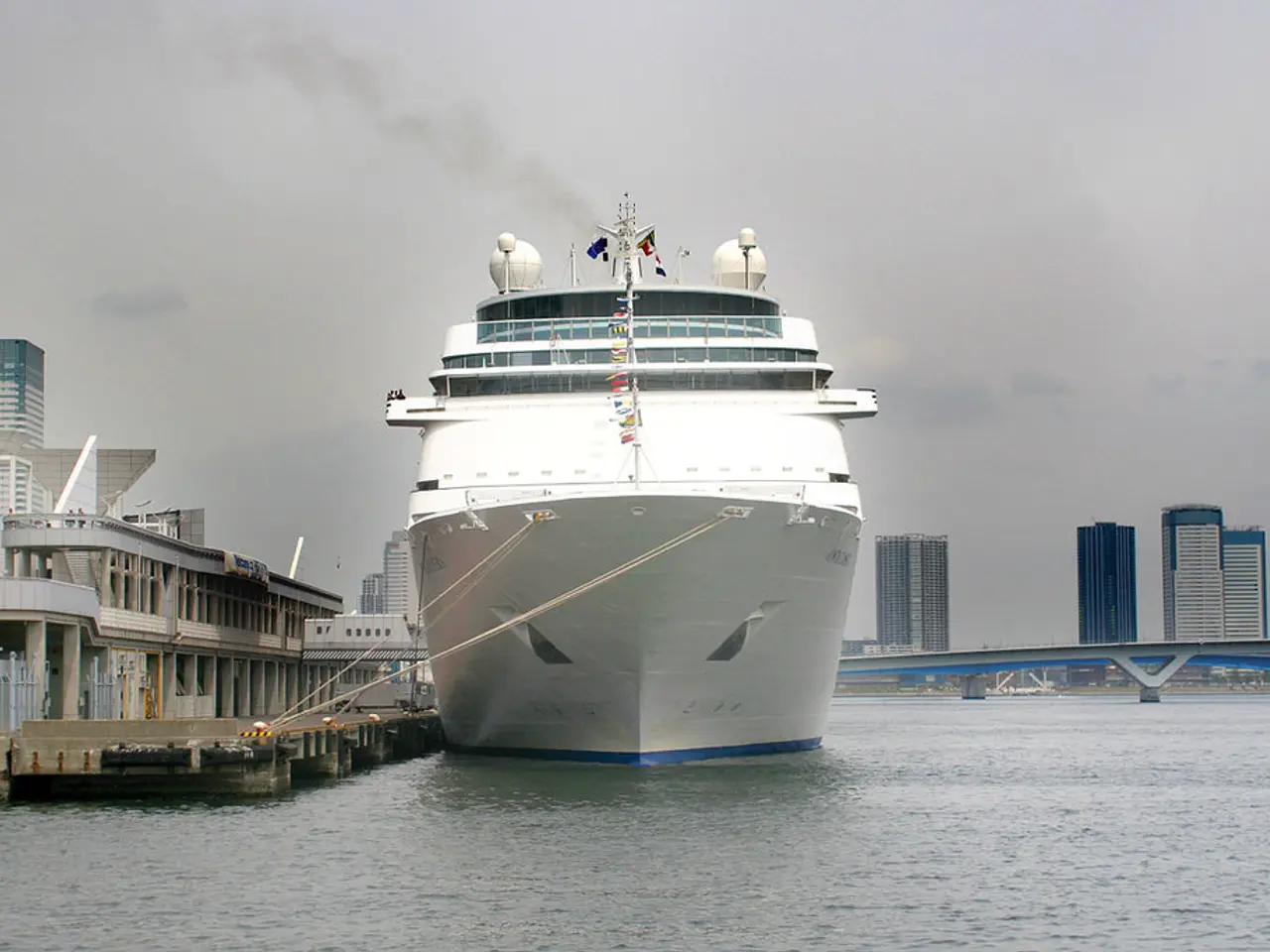Construction of the world's longest suspension bridge, estimated at a cost of 15.5 billion dollars, receives affirmation from Italy for linking the mainland with Sicily.
The Italian government has given the green light for the construction of the Strait of Messina Bridge, an ambitious infrastructure project that aims to link the Italian mainland with Sicily. This colossal undertaking, expected to be the biggest infrastructure project in the West, is set to surpass Turkey's Canakkale Bridge in length and could potentially reshape Italy's defense, economic, and environmental landscape.
The Strait of Messina Bridge, with an estimated cost of €13.5 billion ($15.5 billion), could provide a significant boost to Italy's commitment to raise defense spending to the 5% of GDP target set by NATO. Classifying the bridge as defense-related enhances strategic military mobility, allowing heavy military vehicles like tanks to cross between mainland Italy and Sicily, thus facilitating rapid troop and equipment deployment in the region. This dual-use design supports both civilian infrastructure needs and Armed Forces logistics, potentially strengthening Italy’s defense posture in the Mediterranean.
However, the defense-related classification has caused controversy within Italy and among NATO allies. While the Italian government argues that the bridge meets strategic military needs and thus qualifies as a defense investment, some NATO countries and EU officials reject this classification, perceiving it as an artificial inflation of defense spending commitments.
The Strait of Messina Bridge, if completed, could create approximately 120,000 jobs per year and accelerate growth in economically lagging southern Italy. However, environmental groups have lodged complaints with the EU, citing concerns about the project's potential impact on migratory birds and questioning its public imperative. Large infrastructure projects like the Messina Bridge typically provoke environmental scrutiny, involving concerns about ecosystem disruption, landscape changes, and sustainability. The debate over the defense classification may complicate environmental assessments, as military-related projects can be subject to different regulatory approaches.
Preliminary work on the bridge could begin between late September and early October, with construction expected to start next year. The project has been awarded to a consortium led by Webuild, the same infrastructure group that initially won the bid to build the bridge in 2006 before it was later canceled. Webuild has emphasized that suspension bridges, like the one planned for the Strait of Messina Bridge, are structurally less vulnerable to seismic forces and have been built in seismically active areas, including Japan and California.
The project's security is a top priority, with Salvini, a key figure in the project, pledging to adhere to the same protocols used for the Expo 2015 World's Fair and the upcoming Milan-Cortina 2026 Winter Olympic Games to keep organized crime out of the project. The Strait of Messina Bridge, if completed, could potentially make the bridge a target, as noted by opponents.
The Strait of Messina Bridge is expected to be completed between 2032 and 2033. If successful, it will not only be a testament to Italy's engineering prowess but also a transformative project for the whole country, according to Pietro Salini, CEO of Webuild.
[1] NATO spending controversy [2] Environmental concerns
- The Italian government's decision to classify the Strait of Messina Bridge as a defense-related project has sparked a debate among NATO countries and EU officials, with some perceiving it as an artificial inflation of defense spending commitments.
- Environmental groups have lodged complaints with the EU about the Strait of Messina Bridge project, citing concerns about its potential impact on migratory birds and questioning its public imperative, given the argument that it could disrupt ecosystems, change landscapes, and affect sustainability.
- Salvini, a key figure in the Strait of Messina Bridge project, has emphasized the importance of security measures, pledging to adhere to the same protocols used for major events like the Expo 2015 World's Fair and the upcoming Milan-Cortina 2026 Winter Olympic Games to keep organized crime out of the project, given concerns that the bridge might become a target upon completion.
- The Strait of Messina Bridge, if completed, may serve more than just an impressive feat of engineering; it could potentially be a transformative project for Italy in terms of job creation (120,000 jobs per year), economic growth in southern Italy, and enhancing the country's defense posture in the Mediterranean, while also getting recognition as a testament to Italy's engineering prowess.




